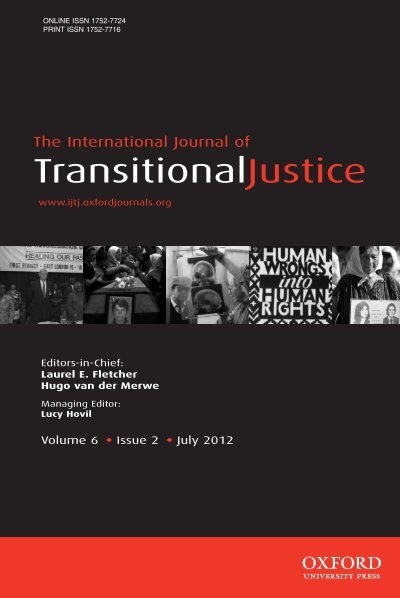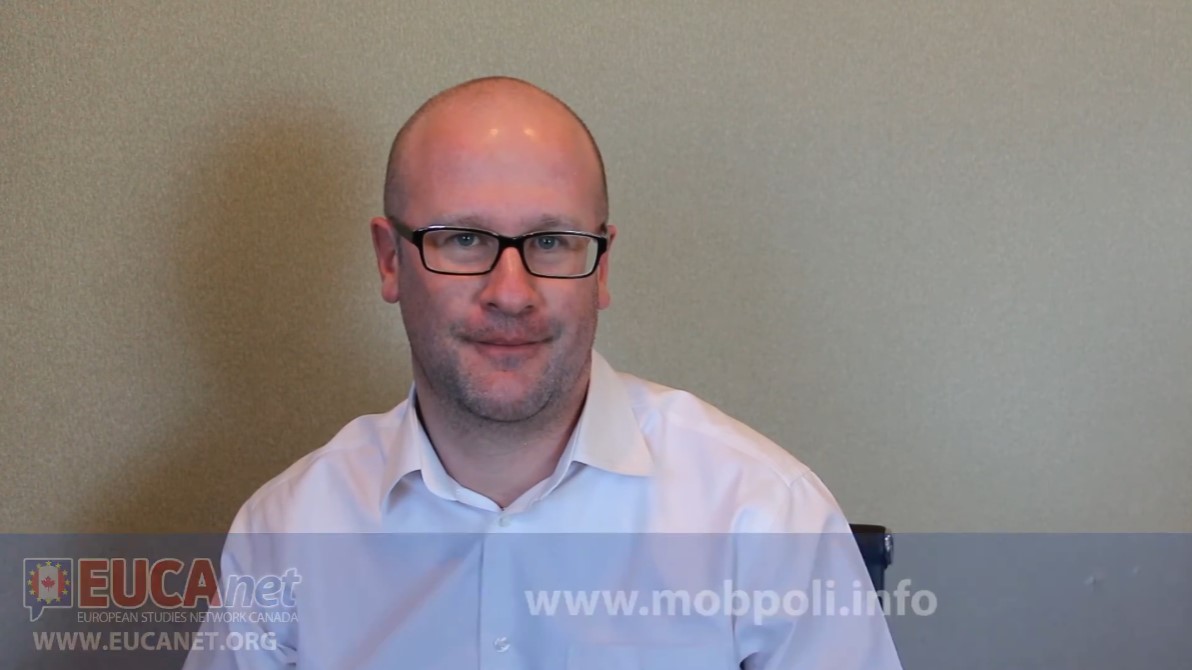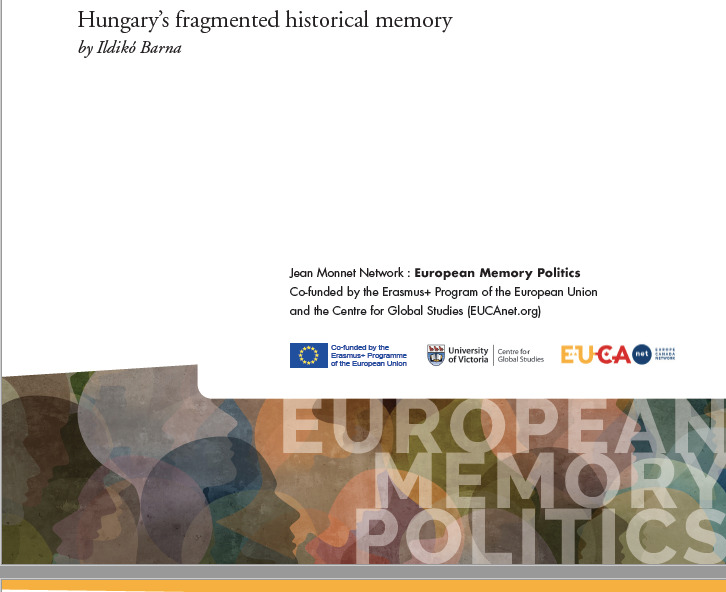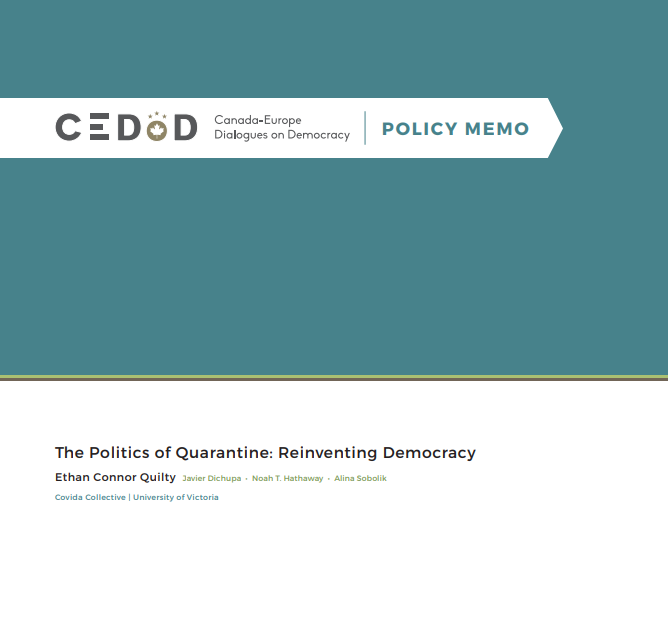Recap of ECSA-C 2016 Biennial, “The EU and North America: An Inevitable Partnership?”, by the EUCAnet team
By the EUCAnet team
Recap of ECSA-C 2016 Biennial “The European Union and North America: An Inevitable Partnership?”
From May 9-11th, 2018, the 12th Biennial of the European Community Studies Association – Canada conference will take place in Toronto. The conference’s theme will be “UNITY, DIVERSITY, POPULISM: THE EUROPEAN UNION IN CHALLENGING TIMES”. The Biennial Conference is an opportunity to connect with the European Community Studies Association – Canada (ECSA-C) and its network of scholars across the country. In addition, its focus on issues of unity, diversity and populism sheds light on how much has changed in the overall political environment since the last ECSA-C conference in 2016. In the following you find a summary of the event and some multimedia resources to reflect on the debates in Ottawa:
Two years ago the 11th Biennial European Community Studies Association – Canada conference focused on the theme “The European Union and North America: An Inevitable Partnership?” debating the EU’s relations with North America and the challenges faced on both continents.
Jeremy Kinsman – Former Canadian Ambassador to the EU. Mr. Kinsman – spoke on Canada-EU relations: The first half-century. (Summary of the talk ; Video ) and Michelle Egan – Woodrow Wilson Scholar, Professor and Jean Monnet Chair ad Personam in School of International Service, American University, Washington, D.C. – spoke on From Single Markets to Transatlantic Markets: Lessons from the US and EU Summary of the talk ; Video). It is fascinating to reflect on this debate considering how the Trump presidency has fundamentally changed some of opportunities and challenges in transatlantic relations.
Another highlight of the conference was a lunchtime talk“40 years and Counting: The Role of the EU Delegation in Canada”by GEOFFREY HARRIS (Geoffrey Harris worked as an official of the European Parliament from 1976 to 2016 and as Deputy Head of the European Parliament’s Liaison Office with the U.S. Congress in Washington D.C.), MANFRED AUSTER (Minister-Counsellor and the Head of the Political and Public Affairs Section at the Delegation of the European Union to Canada in Ottawa) and JEREMY KINSMAN (Canada’s Ambassador to the European Union 2002-2006), moderated by Frédéric Mérand, The ECSA-C president) Video .
Here is the summary of the roundtable: Auster’s talk examined the development of EU-Canada relations since the signing of the initial framework agreement in 1976. The remarks began with a comparison of the Canadian, European, and global political-economic climates of 2016 with those of 1976: realities then included the Cold War and energy insecurity. Henry Kissinger was President Gerald Ford’s Secretary of State, and the EU had nine members. Today, the EU has twenty-eight members; political challenges there and elsewhere include the migrant crisis, continued sluggish economic growth, and the energy route. Against this backdrop, Minister-Counselor Auster painted a vivid picture of gradual evolution of EU-Canada relations through leadership changes on both sides of the Atlantic. Minister-Counselor Auster’s comments were followed by a lively discussion. The debate was initiated by Frédéric Mérand, who asked, “do you see any untapped opportunities to build and entrench the Canada-EU partnership, and to make it into a more comprehensive and more meaningful partnership?” The consensus on the panel was that the way forward on this front was to build more informal linkages, and to capitalize on the “symmetry of feeling about the world” found in Canada and the EU; “when you have an issue […] you call people not whom you have a strategic partnership with, but whom you want to talk to.” The discussion also touched on the Obama administration’s response to the threat of “Brexit”, and what investment Canadians should have in the future of Britain’s relationship with the EU. Amongst other topics, the discussants continued to grapple with the future of the Canada-EU relationship and its relationship to the threat of British secession. Questions turned to the nature of the Canada-France and Canada-UK relationships, the potential for powerful positive externalities to be generated by the departure of the United Kingdom, and the threat of Brexit to the intra-regional balance of power. The roundtable ended on a hopeful note, with the panelists — and audience — agreeing that Brexit was an extremely unlikely event and that the best days of the Canada-EU relationship were yet to come.”










